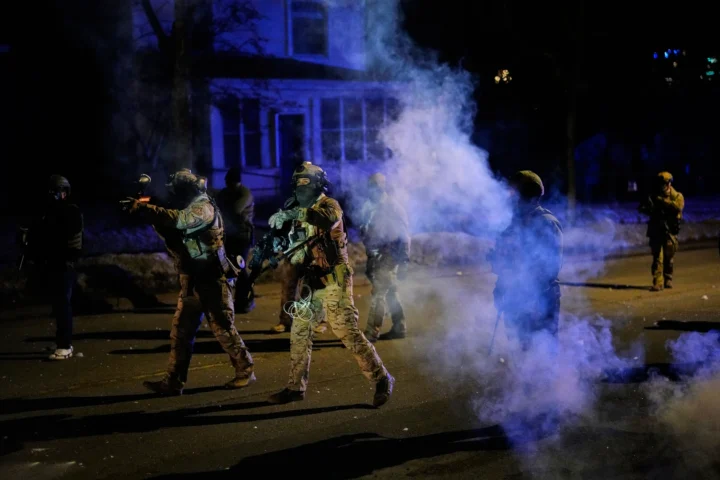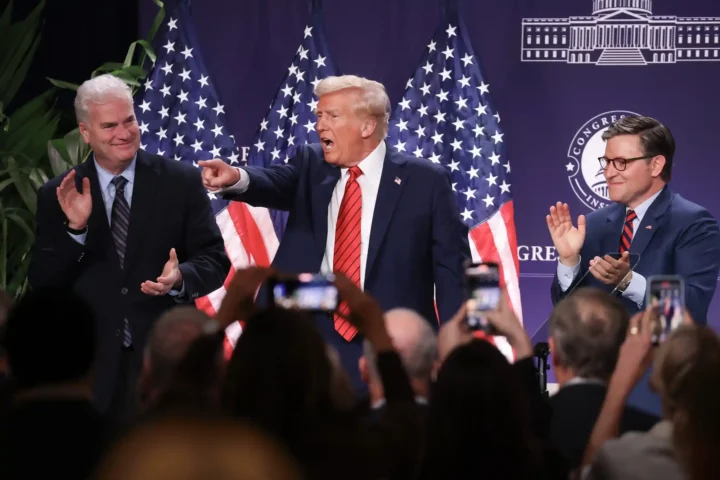In a sharp escalation of tensions between Washington and Beijing, Secretary of State Marco Rubio announced Wednesday that the United States will begin “aggressively” revoking visas for Chinese students—particularly those with perceived ties to the Chinese Communist Party or those studying in fields deemed “sensitive.” This move signals a drastic shift in U.S. policy and raises serious concerns not just for international diplomacy, but for the future of American higher education and global scientific collaboration.
Although Rubio provided no figures, his statement implies that the new policy could affect thousands. The criteria—party affiliation or academic focus—are alarmingly broad. With an estimated 99 million members of the Chinese Communist Party and significant overlap between China’s rising academic stars and government-supported programs, the practical result may be to cast suspicion on virtually every Chinese applicant.
The Trump administration’s tough stance on China is no secret, but turning the student visa process into an ideological litmus test is a short-sighted and self-defeating strategy. For decades, Chinese students have been a fixture in U.S. universities, contributing not only tuition dollars—often at full international rates—but also fresh ideas, groundbreaking research, and global perspectives. According to recent data, nearly 277,000 Chinese students studied in the U.S. last year, making them the second-largest group of foreign students. That number is now expected to fall off a cliff.
Rosie Levine, executive director of the US-China Education Trust, points out that the new policy will create a chilling effect. “It could catch up probably every Chinese student interested in coming to the United States,” she said. That’s not an exaggeration. The vague criteria Rubio outlines practically guarantee that every applicant from China will face intensified scrutiny or outright rejection.
This is more than just a diplomatic gambit in a long-running geopolitical chess match—it’s an attack on the intellectual diversity and excellence that American universities pride themselves on. It also sends a dangerous message: that students, many of whom have no political affiliations and come seeking only knowledge, are now pawns in an ideological standoff.
The ripple effects will be global. U.S. universities are already facing declining enrollment from Chinese students due to previous visa delays, rising xenophobia, and pandemic-era travel restrictions. This latest announcement could make the United States an academic pariah for China’s best and brightest—many of whom may now turn to Canada, Australia, or the United Kingdom, which are eager to absorb the talent and tuition dollars America is so willing to discard.
There are legitimate concerns about intellectual property theft and academic espionage, and these must be addressed through precise, case-by-case investigations—not sweeping restrictions that punish the innocent alongside the guilty. By conflating security concerns with educational aspirations, the U.S. undermines both.
Education has long been one of the few remaining bridges between the U.S. and China. Burning that bridge—especially in an era where global collaboration is critical to solving challenges from climate change to AI governance—would be a historic mistake.
In the rush to look tough on China, the U.S. is jeopardizing its own future. This isn’t just about visas—it’s about values. Do we still believe in academic freedom, openness, and the exchange of ideas? Or are we now willing to shut the door on the world’s students in the name of political posturing?
The world is watching—and so are the next generation of scientists, scholars, and innovators. Where they choose to go will say as much about us as it does about them.











